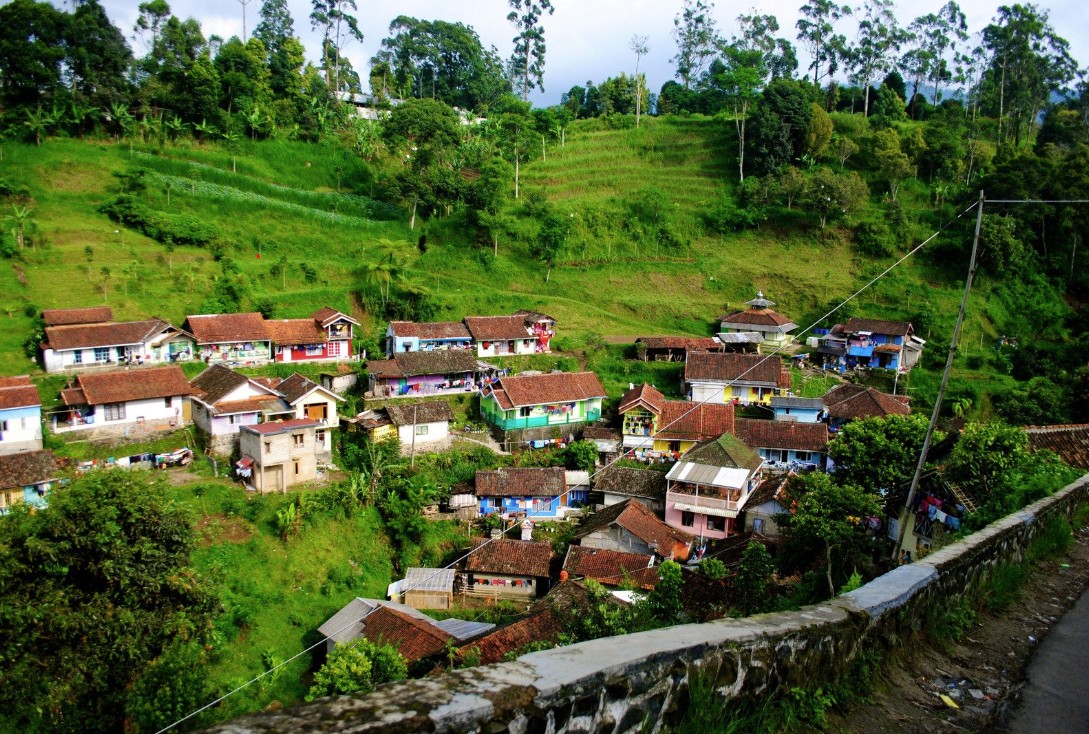LEADER
_pdf(1).jpg)
The LEADER program started in Lithuania in 2004. It is implemented through local action groups (LAGs), which finance local projects according to prepared local development strategies (LDS).
The Rules for the Implementation of Local Development Strategies Implemented by Community-Led Local Development (hereinafter referred to as the Rules) establish the procedure for providing and administering support for community-led local development strategies of rural areas implemented under the measure “Community-Led Local Development (LEADER)” of the Lithuanian Agricultural and Rural Development Strategic Plan for 2023–2027 (hereinafter referred to as the Measure).
The Rules apply to Local Action Groups preparing and submitting applications for support and local development strategies (hereinafter referred to as the LDS) and implementing LDSs that have been allocated support under the Measure, as well as to institutions carrying out the assessment, selection and implementation supervision of support applications and LDSs.
According to the Rules, the local development strategy for rural areas (LDS) shall contribute to the following objectives of the Common Agricultural Policy:
1. General objective – to strengthen the socio-economic fabric of rural areas;
2. Specific objective – to promote employment, growth, gender equality, including the participation of women in farming, social inclusion and local development in rural areas, including the circular bioeconomy and sustainable forestry and optionally other objectives set out in Article 6 of Regulation (EU) 2021/2115;
3. Cross-cutting objective – to modernise agriculture and rural areas by fostering and sharing knowledge, innovation and digitalisation opportunities in the agricultural sector and in rural areas and encouraging farmers to use them, by improving access to research, innovation, knowledge exchange and training.
Furthermore, the measure contributes to the implementation of the following EU and national horizontal principles:
1. Principle of sub-regional area, i.e. within the boundaries of the territories established by the LAG SP, in rural areas with a total population of 10 thousand to 150 thousand, including towns and cities with a population not exceeding 6 thousand (municipal centres are not considered rural areas) form activity territories and plan to implement the VPS in them. In sparsely populated areas with a population density equal to or lower than 25 inhabitants per km2, the local development strategy may be applied in the territory of rural areas with a population of 6 thousand to 150 thousand;
2. Principle of partnership, i.e. the LAG bases its activities on a partnership between public and private local social and economic interest groups, ensuring that no single interest group controls decision-making;
3. “Bottom-up” principle, i.e. i.e. LAG applies actions of promotion, involvement and activation of local population in its activities, which determine the relevance, diversity and prospects of local needs;
4. Principle of cooperation, i.e. LAG initiates and implements territorial and (or) international cooperation projects, participates in network activities;
5. Principle of innovation, i.e. LAG promotes and develops innovations (new products, services, methods of activity, etc.) at the local level;
6. Principle of equal opportunities and non-discrimination between women and men, i.e. LAG forms a collegial management body in such a way that the balance of participation of women and men is observed;
7. Principle of youth promotion, i.e. youth and young people are included in the LAG activities (collegial management body, LAG administration) and the implementation of the LDS (e.g. priority is given to youth and/or young people when submitting support applications and/or including them in local project activities).

The publication "LEADER method and its implementation in Lithuania" (in Lithuanian language) can be found here. The publication reviews the LEADER program, its principles and created added value, its development in the EU and Lithuania. Examples of successfully implemented projects and LEADER perspectives in Lithuanian regions for 2023-2027 are also presented.

